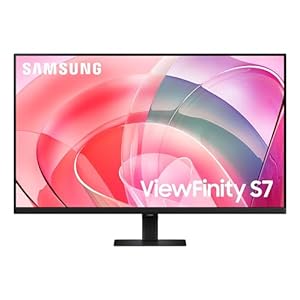
Verizon has partnered with NVIDIA to introduce a new AI-powered solution leveraging non-public 5G networks and Cell Edge Compute (MEC). The collaboration combines Verizon’s low-latency, safe 5G non-public community with NVIDIA’s AI Enterprise software program and microservices, enabling real-time AI purposes for enterprises. Demonstrations of the answer are set to start in early 2025.
This platform is designed for scalability and suppleness, supporting a spread of AI workloads, together with generative AI, augmented/digital actuality (AR/VR), pc imaginative and prescient, autonomous robotics, and IoT.
Key options embrace ultra-low latency, excessive bandwidth, enhanced safety, and the power to course of AI workloads immediately on the community edge. These capabilities allow companies to carry out compute-intensive duties domestically, decreasing reliance on web traversal and bettering decision-making pace.
The system additionally helps modular, plug-and-play infrastructure, accommodating multi-tenancy and future AI developments. Third-party builders can use the platform to quickly innovate throughout numerous industries, resembling healthcare, manufacturing, and logistics. It’s anticipated to drive digital transformation by addressing essential enterprise wants like operational effectivity and knowledge safety.
Business insights underscore the significance of AI-enabled options, with research indicating widespread adoption and plans for growth. As 5G networks are projected to generate $12 trillion in world financial output by 2035, AI integration is poised to play a pivotal position.
Verizon’s management in edge computing and personal MEC positions it to ship these superior capabilities at scale. Along with NVIDIA, Verizon goals to empower companies by offering cutting-edge AI providers that improve productiveness and help innovation. This partnership marks a major milestone in leveraging AI and 5G to fulfill the evolving calls for of enterprise prospects.
Filed in . Learn extra about 5G, AI (Artificial Intelligence), Augmented Reality (AR), IoT (Internet of Things), NVIDIA, Verizon and Virtual Reality (VR).
Trending Merchandise

SAMSUNG FT45 Series 24-Inch FHD 1080p Computer Monitor, 75Hz, IPS Panel, HDMI, DisplayPort, USB Hub, Height Adjustable Stand, 3 Yr WRNTY (LF24T454FQNXGO),Black

ASUS RT-AX88U PRO AX6000 Dual Band WiFi 6 Router, WPA3, Parental Control, Adaptive QoS, Port Forwarding, WAN aggregation, lifetime internet security and AiMesh support, Dual 2.5G Port

Wi-fi Keyboard and Mouse Combo, MARVO 2.4G Ergonomic Wi-fi Pc Keyboard with Telephone Pill Holder, Silent Mouse with 6 Button, Appropriate with MacBook, Home windows (Black)

Acer KB272 EBI 27″ IPS Full HD (1920 x 1080) Zero-Frame Gaming Office Monitor | AMD FreeSync Technology | Up to 100Hz Refresh | 1ms (VRB) | Low Blue Light | Tilt | HDMI & VGA Ports,Black











